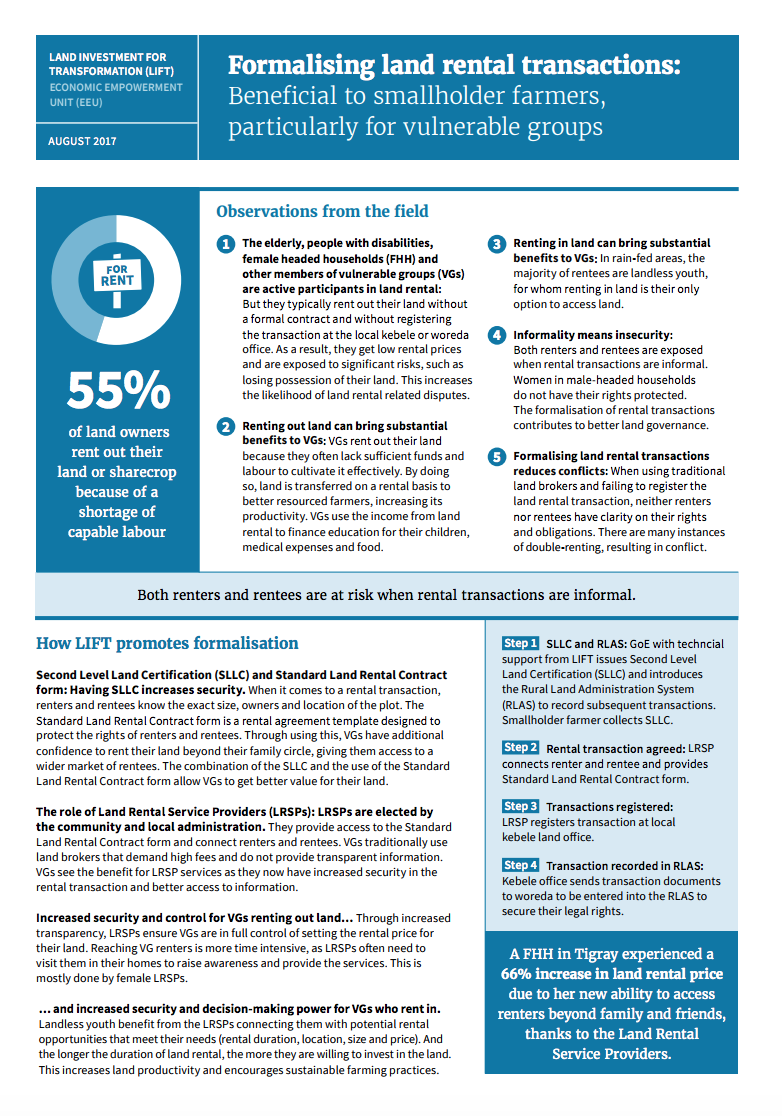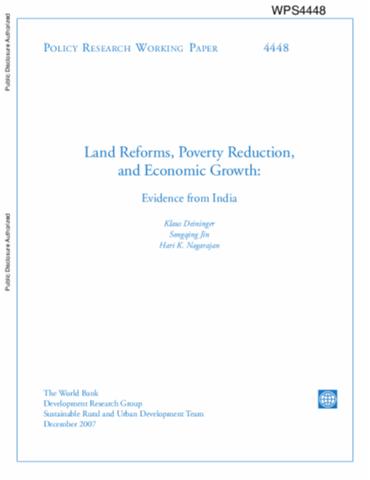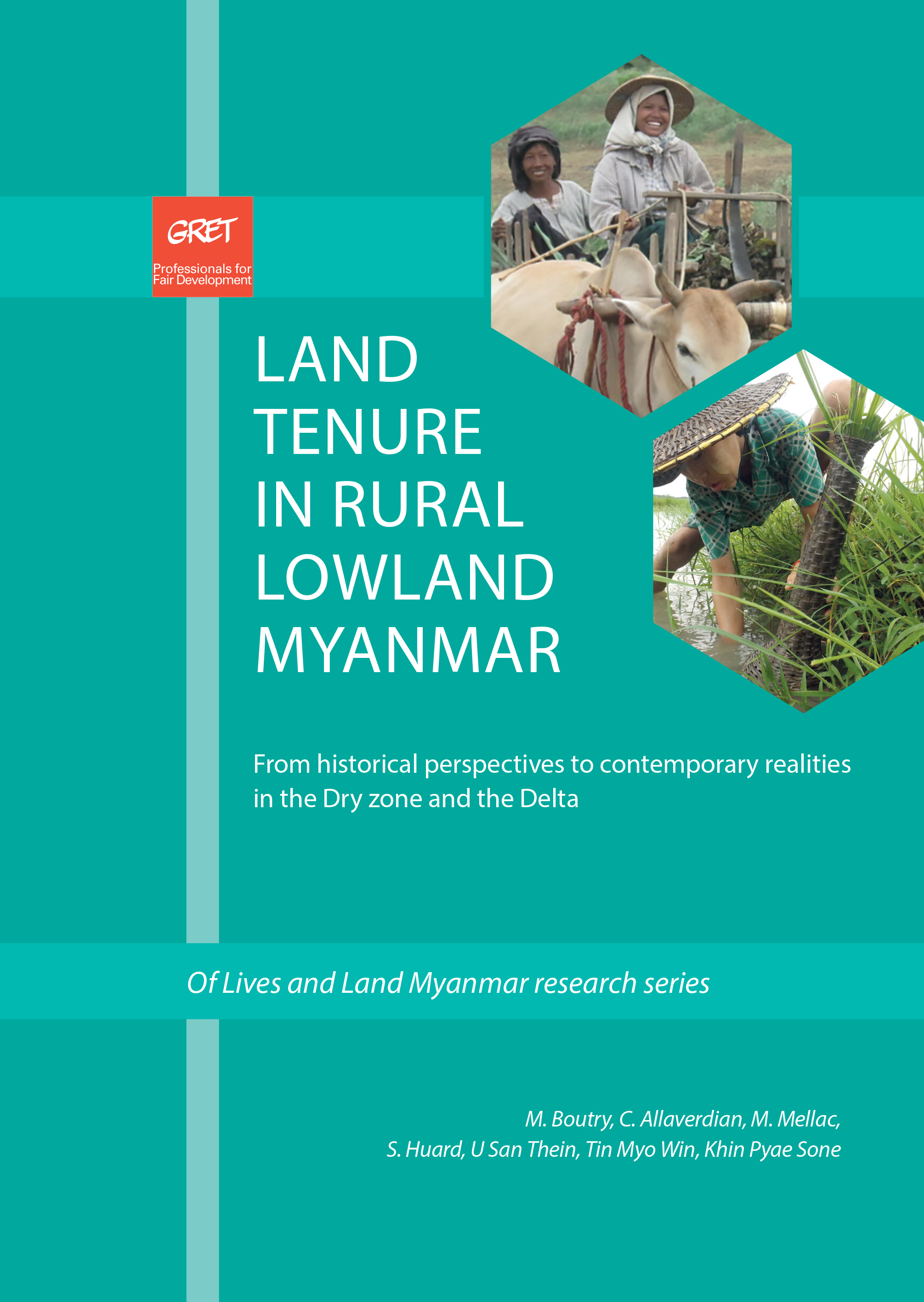Bonne gouvernance et questions relatives à la gouvernance des ressources naturelles dans la sous-région des Caraïbes
Document de travail sur les régimes fonciers 17. Cet article identifie et analyse des questions relatives à la gouvernance des terres et apporte des exemples de bonne gouvernance de la sous-région des Caraïbes. Cette étude a été conduite en vue de l’initiative de la FAO sur les Directives Volontaires sur la gouvernance responsable de la tenure des terres et des autres ressources naturelles. Disponible en anglais





